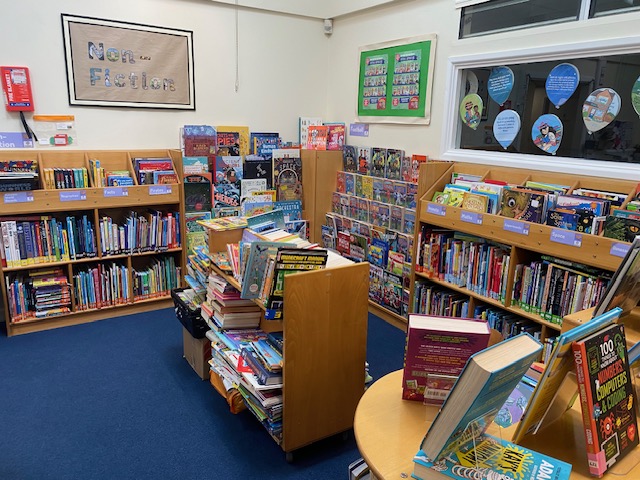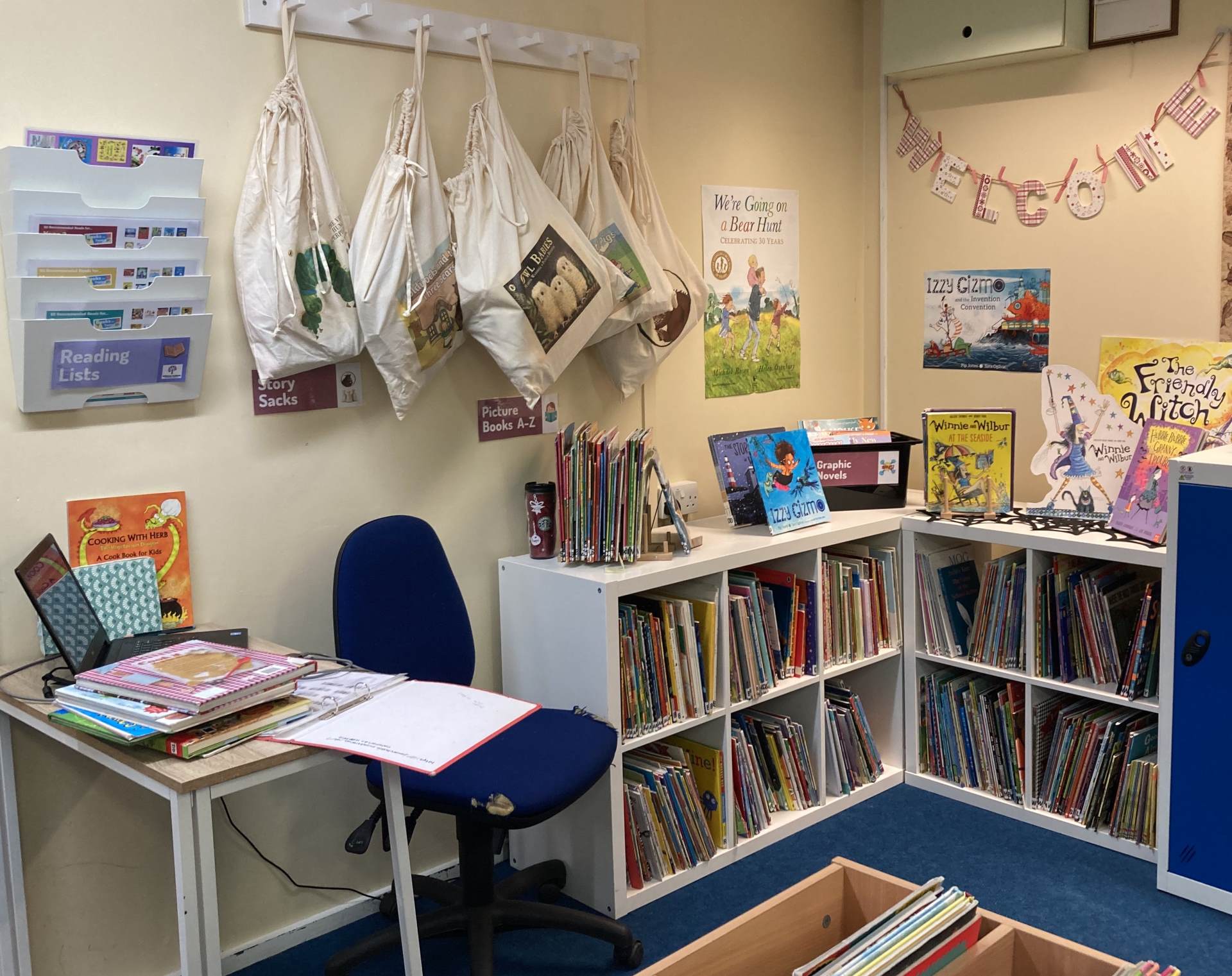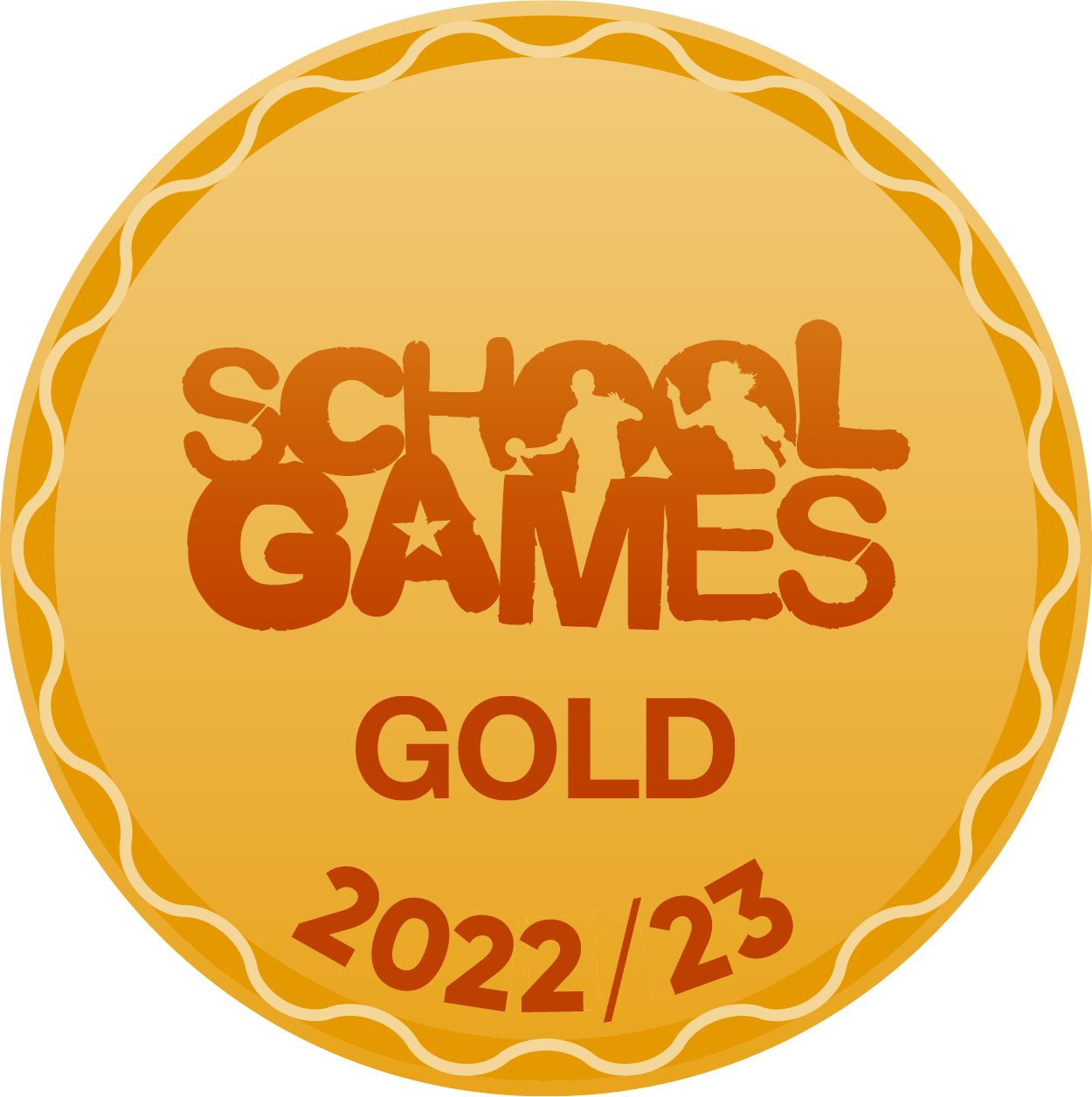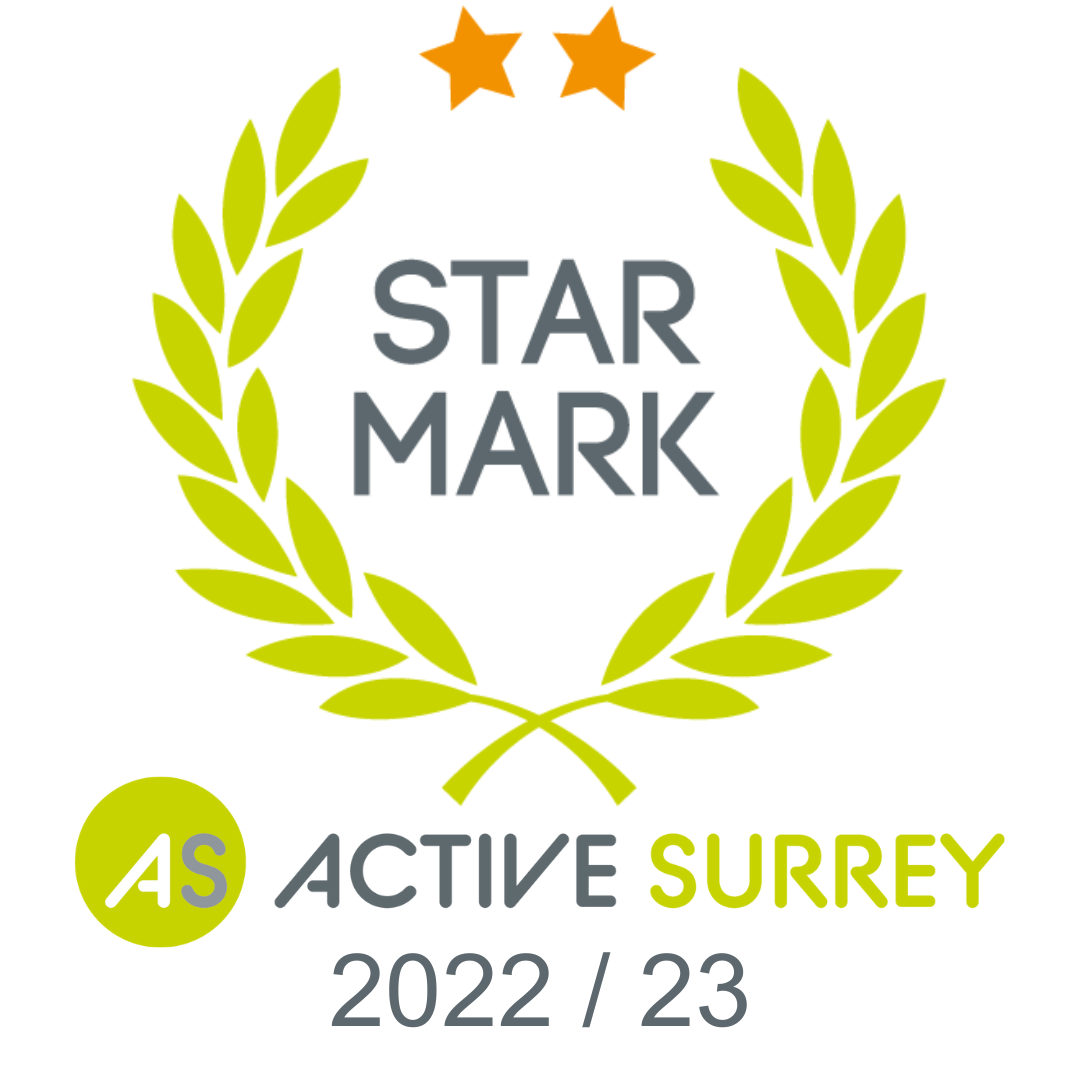English (including Phonics)
Intent
It is our intent at William Cobbett to provide our children with an exciting, relevant and purposeful English curriculum that encourages them to become life-long readers, writers and communicators.
We intend to give children opportunities to develop their creativity and imagination and express themselves in different ways. We want children to be readers for life. We strive to immerse children in high quality texts that will develop a love for reading and expose them to new words and meanings. We want all children to be masters of words, so that they have the competence and confidence to thrive academically and socially, and this is why we place great importance on the explicit teaching of vocabulary and use of high-quality texts. Furthermore, we want to ensure that our English teaching gives children the confidence to share ideas and feelings with others through reading, writing and spoken language, equipping them with the essential tools to continue to achieve and thrive after life at William Cobbett Primary School. We believe that every child can succeed in reading and writing, and we aim to instil this belief in the children themselves. It is our intention that learning is relevant to our children through our commitment to a diverse English curriculum.
Our inclusive and diverse curriculum
As a school, we are passionate that our children receive a broad, balanced, inclusive and diverse curriculum that enhances their cultural capital. Within this subject, we will ensure:
● Diverse texts are used to support learning in reading and English sessions.
● Children are given exposure to diverse characters, genres, writers and illustrators through our selection in classroom libraries and our school libraries.
● Other opportunities are utilised to explore, promote, and celebrate diverse figures, such as Family Learning Projects, Home Learning activities, newsletter items, Twitter posts, World Book Day, Science Week, and local community events.
● Teachers implement ordinarily available provision and are committed to adaptive practice within lessons.
● Learning is made accessible to all through high quality teaching.
● The diversity of needs within the class are considered throughout the planning and implementation process. Scaffolds are put in place within lessons and these can take many forms, depending on each individual child’s needs (e.g. Widgits, alternative recording methods and adapted resources.)
EYFS
We understand the importance of the Early Years for building the reading and writing foundations for the future years. Our educational programme ensures that our children:
• develop their spoken language through interactions and modelling of rich and varied vocabular
• have opportunities to use and embed new words in a range of contexts
• develop a secure knowledge of the alphabetic code and words that cannot be decoded
• learn and enjoy a range, stories, rhymes, poems and songs and begin to develop a life-long love of reading
Key Stages 1 and 2
Our KS1 and KS2 English curriculum ensures that our children:
• read, write and communicate orally with confidence, fluency and understanding
• understand a range of text types and genres and develop the habit of reading widely and often, for both pleasure and information
• discuss their reading and writing comprehensively by expressing opinions, explaining techniques and justifying preferences about a wide range of literature, using appropriate vocabulary
• write clearly, accurately and coherently, using grammar, punctuation and spelling conventions accurately, whilst adapting their language and style for a range of contexts, purposes and audiences
• are competent in the art of speaking and listening, making formal presentations, demonstrating to others and participating in discussion
• acquire of a wide vocabulary, giving them a high standard of spoken and written language and comprehension.
The progression of knowledge and skills taught are comprehensively planned, and planned to meet the needs of all children, with scaffolds in place every lesson, to ensure that all children can succeed.
Implementation
Reading
Early Years and Year 1
Children’s decoding skills are developed from the moment they enter Reception through use of the systematic synthetic phonics (SSP) programme, Little Wandle. Children learn phonics as a whole class in 20-30 minute sessions 5 times a week and apply this knowledge 3 times per week in small group reading sessions. Each reading session focuses on a different aspect of reading (decoding, prosody and comprehension) and children use accurately matched decodable books. Regular assessments and continuous AfL are in place to ensure that children at risk of falling behind are identified immediately so that Little Wandle Keep-Up intervention and/or blending practice can be put in place. Children are given three books to take home per week: an accurately matched decodable Big Cat book (phonics-stage related), a reading scheme book (to share-read) and a library book (to love and enjoy).
Year 2
Passing the Year 1 phonics screening check does not determine fluency, so children’s fluency and phonics knowledge are assessed at the start of Year 2 through use of a phonics placement assessment and fluency assessment. Children with gaps in their phonics knowledge will receive further phonics teaching through Little Wandle SSP Catch-Up intervention (and further daily Keep-Up sessions if needed) and small group reading sessions, following the same structure as in Reception and Year 1. The Year 2 model of guided reading is designed to build upon children's phonics knowledge, developing fluency, comprehension and enjoyment of reading. Children have 20-30 minute guided reading sessions 5 times per week that follows a carousel structure. Children are in fluid groups, organised according to current level of attainment and next steps, and these groups will partake in the following activities each week:
• Reading Explorers (love of reading focus)
• Adult led guided reading (decoding/prosody focus)
• Adult led guided reading (comprehension focus)
• Word Detectives (spelling/phonics focus)
Years 3 – 6
In Years 3-6, there is a move to whole class reading; the children will read through a carefully selected text together so that every child can access it. This will then be followed by discussions and questions around a particular objective to develop the children’s fluency, expression, ability to determine the meaning of words in context and their comprehension. Whole class reading allows all children to develop a deep understanding of the text that they are reading, the layout of the text and the language used within the text. The learning needs of every child are met through pre-teaching of vocabulary and the use of the same text for a week. Children with gaps in their phonics knowledge will receive further phonics teaching through Little Wandle SSP Rapid Catch-Up intervention. In Years 3-6, children who have just left the Rapid Catch-Up intervention will receive continued support to ‘catch-up’ through 1:1 reading, Inference Training and/or the Little Wandle Fluency Programme.



Writing
We follow a mastery approach in the teaching of writing in which children focus on a writing purpose (inform, entertain, persuade, discuss) for a longer period of time in order to embed key principles. Our Talk for Writing framework focuses around a key, high-quality text and is taught in a three-phase structure (Imitate/Investigate, Innovate and Invent). This allows children to immerse themselves in the text, then build on key skills using the text to support and inspire and finally leading to an independent outcome. Children are exposed to a range of text types throughout their school life. It is vital that our children are able to write for a range of purposes and in a range of styles. Vocabulary is taught explicitly across the curriculum, following the Word Aware principles, and retention and application is promoted through vocabulary displays, ‘word pots’ and activating activities. From Reception to Year 4 children follow a Nelson handwriting curriculum, ensuring progression in transcription skills. We believe that mastering a fluent handwriting style early allows children more time planning, thinking about content and constructing the sentences. Children in need of further support beyond Year 3 will revisit that curriculum, starting at the point that matches their stage. Stopping to think about spelling a word uses working memory needed for other aspects of writing, which is why Years 3-6 children follow Spelling Shed spelling, a programme that provides a rigorous learning pathway that progresses on from phonics and builds knowledge year on year. Children in Year 2 follow the Little Wandle spelling programme. We understand that reading, writing and oracy are closely linked and, as such, ensure that children are given opportunities to practise and refine all three areas of English during the school day.
Impact
By immersing children in high quality texts and focusing on skills and the enjoyment of English, children develop an enthusiasm for the subject. They enjoy talking about their favourite books, discussing the stories they’re writing, and sharing their achievements with other children.
Children’s books show that they continually adopt new writing skills as they progress through the school while drawing inspiration from the books they read in class. Children’s writing is assessed at the start of the year and at the end of each term. This formal assessment complements the day-to-day assessment that takes place in classrooms and in books.
Children are also encouraged to assess their own work. Evaluating their own progress often feeds their eagerness to reach new targets and enables children to talk freely and enthusiastically about their next steps.
Pupil Voice
‘I like phonics because we get excited about the new sound everyday’
‘We are lucky because there’s books all over the place at our school’
‘Mrs Clary (librarian) always knows what book I might like and gets it for me’
‘You get to make up really cool, creative stories’
Useful websites
Little Wandle Letters and Sounds parent information and resources
Policies
Phonics and Reading Policy July 2023-24
Handwriting Policy Autumn 2023-26
VIPERS-Comprehension questions to ask your child





